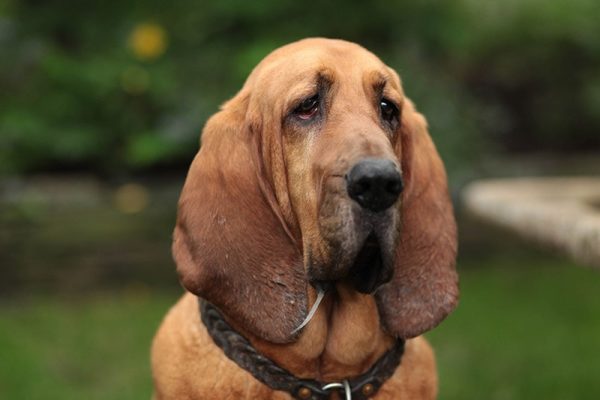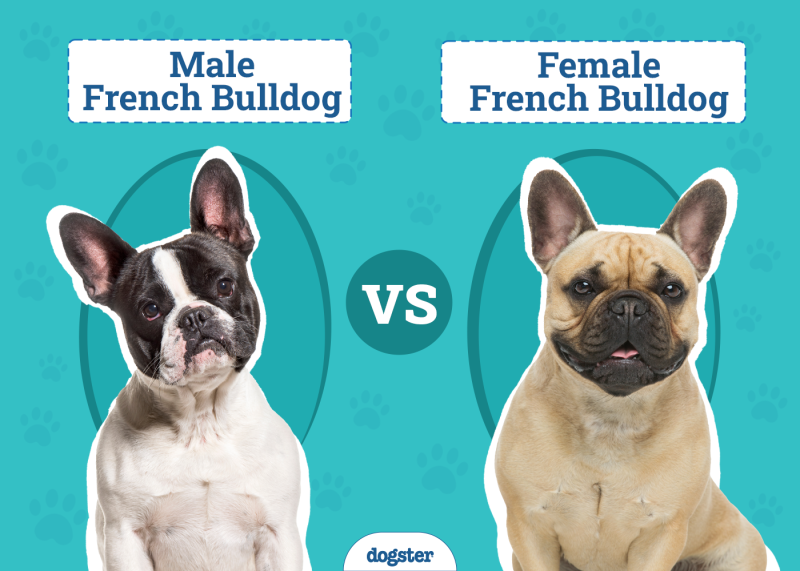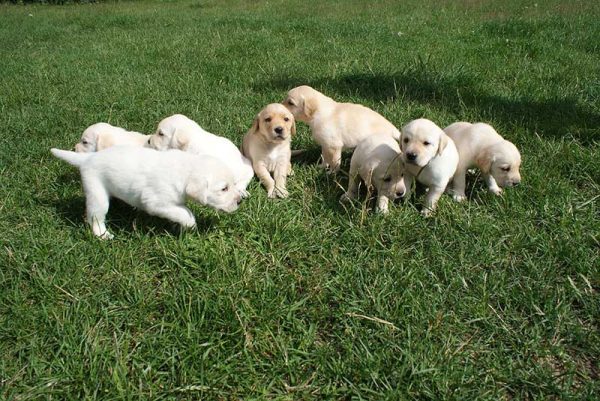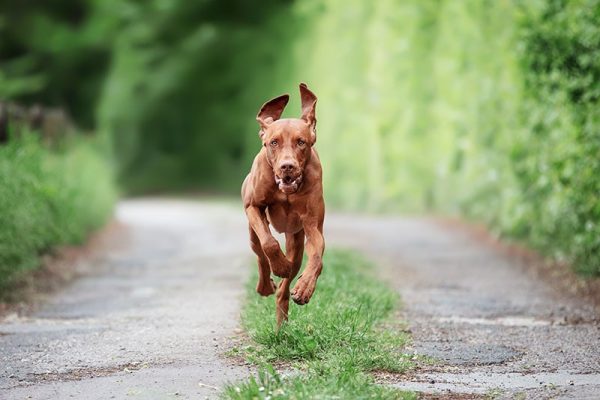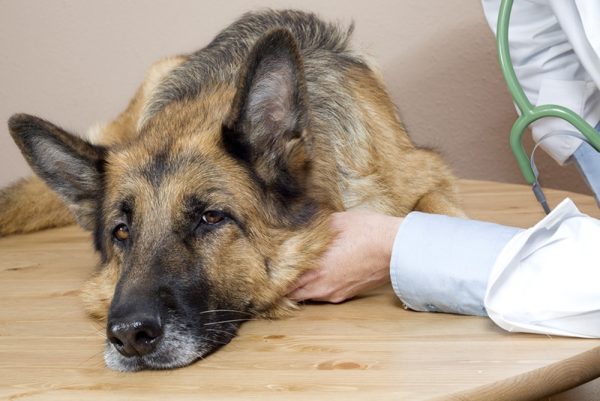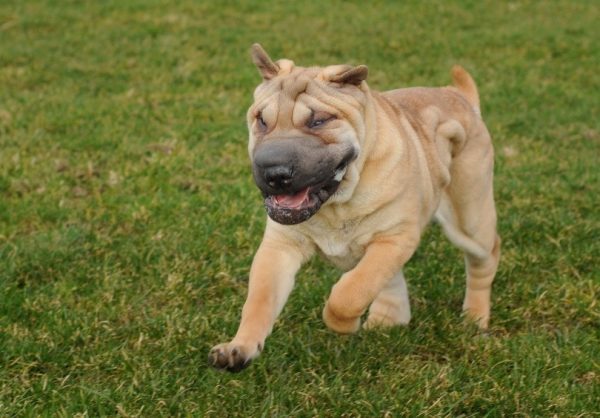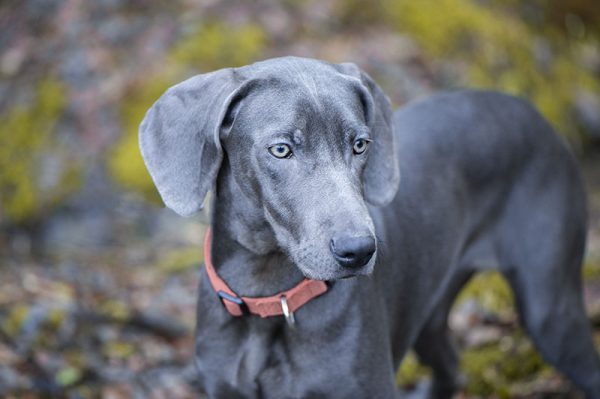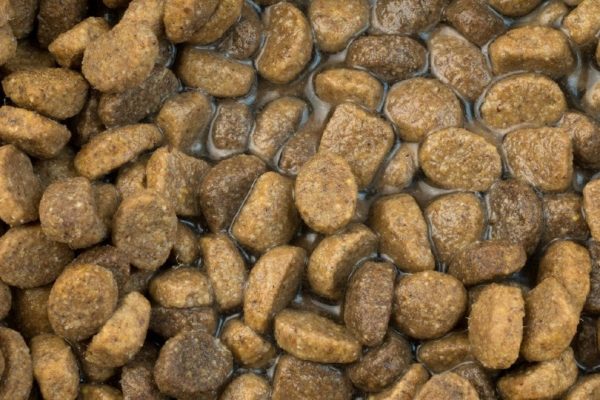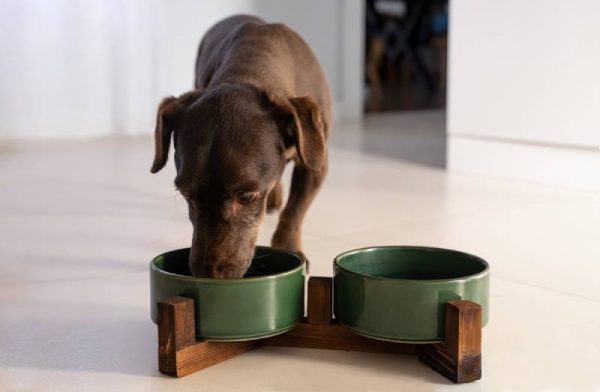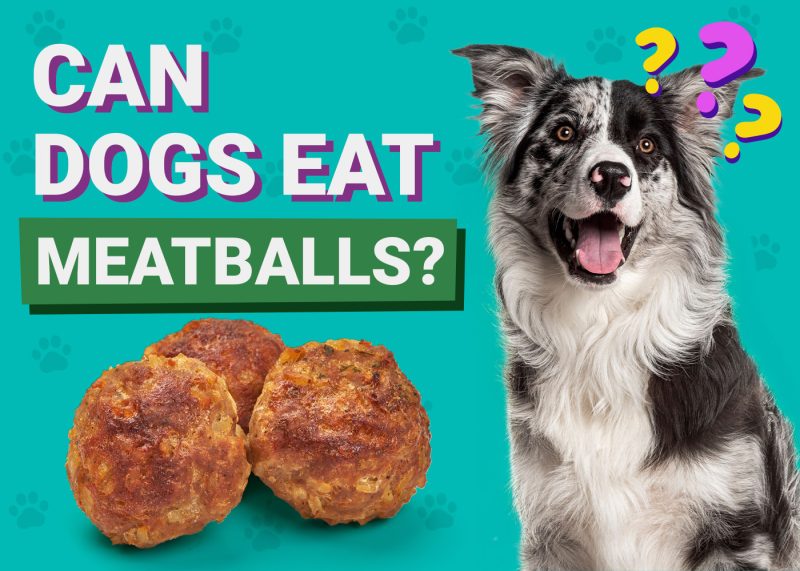In this article
View 8 More +Hybrid breeds are the craze nowadays. People are mixing different breeds left and right, and it’s hard to keep track of them all. Doodle dogs, for example, combine one type of dog breed with a Poodle.
A Huskydoodle is exactly what it sounds like. It is a cross between a Husky and a Poodle, creating a wild-eyed, fluffy-coated dog with tons of interesting quirks and personality traits.
If you have recently seen someone advertise a litter of Huskydoodle puppies or you spotted one at a rescue or shelter, you probably want to learn all you can about this intriguing breed. This article will discuss all the things that go into Huskydoodle care.
Breed Overview
Height:
21–23 inches
Weight:
35–60 pounds
Lifespan:
10–15 years
Colors:
Any, but most commonly black and white or gray and white
Suitable for:
Active families, rural living
Temperament:
Intelligent, eager to please, vocal
The Husky is a highly popular dog due to its hilarious vocal tendencies, unmatched loyalty, and versatility. They are tasked with work duties and companion homes alike. A Poodle, on the other hand, takes a more poised approach to life.
The Poodle, dignified, loyal, and highly intelligent, also has hypoallergenic qualities. When you combine the two, you probably aren’t going to get a hypoallergenic pooch. But what you will get is an interesting mashup of the traits.
Huskydoodle Characteristics

Huskydoodle Puppies
When you get a Huskydoodle puppy, it can be pretty hard to predict what to expect. After all, both parent breeds are extremely different from one another in both looks and overall intelligence. Each of them have their own special qualities that make them fantastic companions.
Be prepared to spend a lot of time with your Huskydoodle puppy. Both Poodles and Huskies can be a little high-maintenance, especially while they are very young. They are going to be extremely peppy little dogs who are constantly on the lookout for adventure.
Exercising your Huskydoodle is a crucial element very early on, so make sure that you’re giving them the stimulation they require. On the upside to this, it makes them extremely fun dogs to have around as they are always ready to party.
As far as intelligence goes, Poodles are notoriously smart – the smartest dog breed behind only the Border Collie. Huskies also have a reputation for being extremely intelligent dogs, capable of learning a broad variety of tasks.
Huskydoodle Origin & History
Both the Husky and the Poodle have very different origins. The Husky is notorious for being a sled dog in Alaska, but Huskies originated in the Northwest part of Asia, where the Chukchi people of Siberia used them as sled dogs.
The Poodle, on the other hand, has a very different history. The poised Poodle hails from Germany, though they are commonly associated with France. Despite its frilly appearance, the Poodle was originally used as a duck-hunting dog.
The exact origin of the Huskydoodle is not well known. But Huskydoodles are thought to have originated sometime in the 1980s, when combining dogs with Poodles became popular in order to create more hypoallergenic dog breeds with varying personalities.
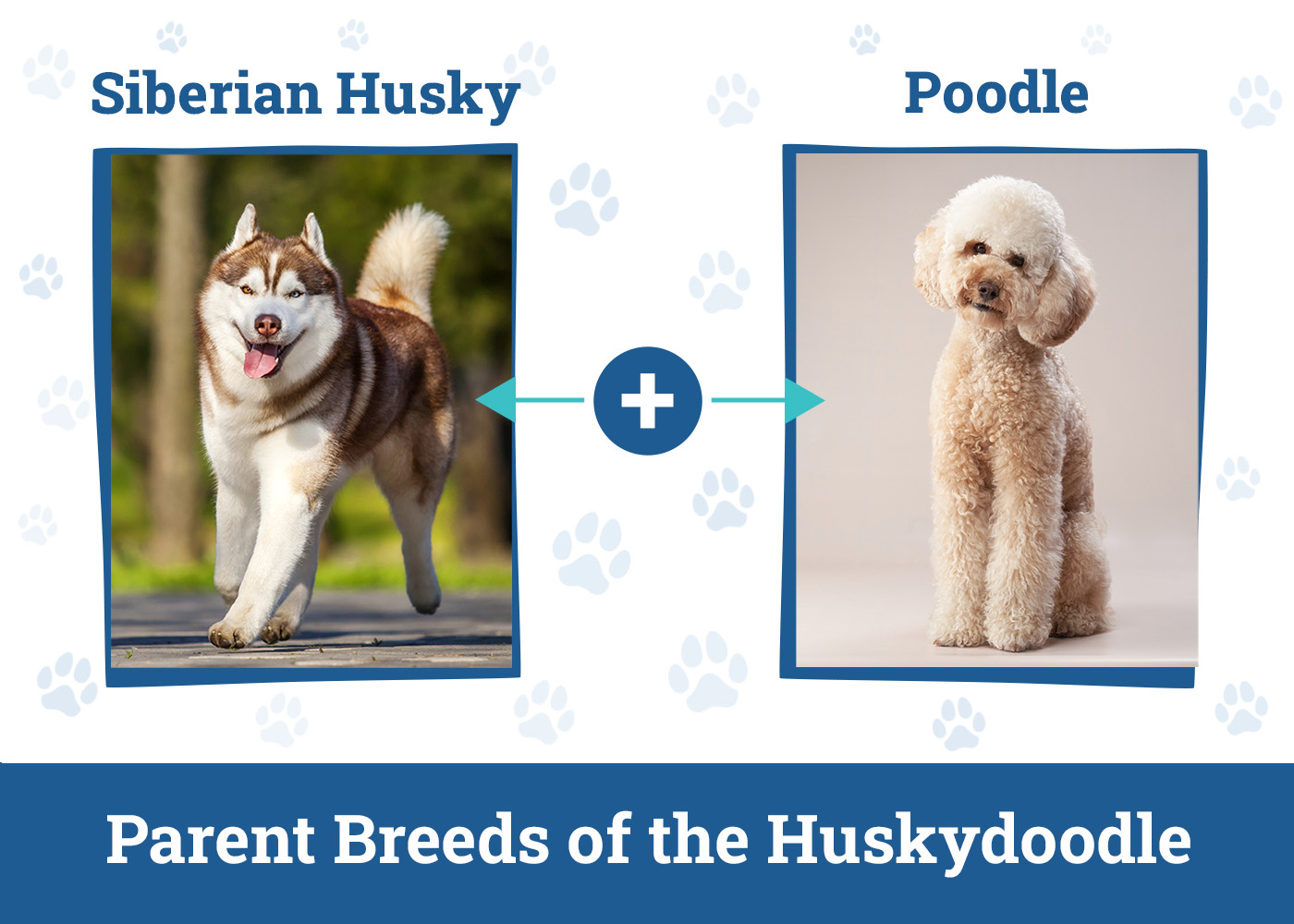

Temperament & Intelligence of the Huskydoodle
The overall temperament of the Huskydoodle can be very different, depending on the personality traits and overall characteristics it takes after with each parent. If your puppy takes more after the Husky side, they might be extremely vocal, active, and full of wanderlust.
Conversely, a Poodle will also be active, but they definitely take a more relaxed approach to life. Each parent breed requires a decent amount of exercise and stimulation. Mental stimulation is incredibly important for both breeds as they are extremely active.
So, definitely realize you will have your hands full with this pup! But if you are a lively, eager person who loves to have adventures, you and your Huskydoodle will be best friends in no time!
Are These Dogs Good for Families? 👪
The Huskydoodle can fit very well into the right kinds of families. If you are wondering if you are one of these fantastic candidates, you need to first understand how much attention this breed needs.
They will require constant stimulation from their pack, which includes all of their human and animal companions. They will absolutely love to play even after they are full-grown adults.
You will need to have a high energy level and active lifestyle to keep up with these rambunctious pooches. If you have limited mobility or a sedentary lifestyle, a Huskydoodle is certainly not the type of dog you will want.
Does This Breed Get Along With Other Pets? 🐶 😽
The Huskydoodle will likely get along swimmingly with other canines. In fact, these dogs will thrive with another doggy companion to spend their time with.
When it comes to smaller pets, the Huskydoodle will likely do fine with cats as long as they’re raised with them. Early socialization is key to ensure that your dog is respectful and tolerant of other animals.
However, due to prey-drive potential, they should never be trusted with smaller animals—like guinea pigs, hamsters, snakes, and so on.
https://www.instagram.com/p/CqVrRaOIrSU/?utm_source=ig_web_copy_link&igsh=MzRlODBiNWFlZA==

Things to Know When Owning a Huskydoodle:
Food & Diet Requirements 🦴
When feeding your Huskydoodle, it is very important to take their structure, exercise needs, and overall energy levels into consideration. The higher energy your dog is, the more calories they will need in their daily diet to replenish their bodies.
For a Huskydoodle, they will likely be extremely active dogs that exert themselves throughout the day. You will want high-quality, protein-rich, dry kibble or fresh dog food to take care of their nutritional needs.
More and more families are switching to fresh or raw food diets. Many fresh food services come with a subscription-based plan. Each recipe is tailored to match the exact needs of the individual dog and is delivered right to your doorstep.
Raw food diets are definitely more canine-specific, but there are some considerations to consider before you make your choice. Always speak with your veterinarian about the best approach to the healthiest diet for your pup.
If you need to speak with a vet but can't get to one, head over to PangoVet. It's our online service where you can talk to a vet online and get the personalized advice you need for your pet — all at an affordable price!
Exercise 🐕
Exercise is a crucial element for the Huskydoodle. Both Poodles and Huskies require extensive exercise to stay happy and healthy. On average, you should expect to devote roughly an hour of your day to ensure they are getting the outlets they require.
Your dog will love all sorts of games and activities, from interactive games to board games. They also might get bored easily, so switching it up can be a really good way to stimulate their brains. If your Huskydoodle does not get enough stimulation, it can lead to anxiety or other pent-up issues related to a lack of energy outlet. This can develop into destructive tendencies around the home.
Training 🎾
Your Huskydoodle should be relatively easy to train. Not only are these breeds both very eager to please, but they are also incredibly intelligent and very receptive to different training styles. Huskies and Poodles are both notorious for their different capabilities.
Huskies were sled dogs and were tasked with several things as the breed developed. Poodles are show dogs and extremely receptive to direction from their owners. When it comes to simple commands like potty training, this should come as no big issue, as long as you are consistent.
When it comes to advanced training, Huskydoodles can be relatively easy to train, but they also might have a mind of their own. If you’re a first-time owner, it can be a little intimidating or even complicated to train these dogs particularly. You might elect to have a professional trainer help you get your dog to a mannerly, calm state.
Grooming ✂️
When it comes to grooming your Huskydoodle, it will be necessary on a daily basis! Huskies have a double coat, with thick layers and shed profusely. Poodles are notorious for being hypoallergenic and non-shedding, but when you mix the two, that will never be the case.
They might carry on some of the Poodle traits, but they will likely still shed a moderate amount. So, you should definitely make brushing a part of your daily routine. Because of their potentially wavy or curly hair, the coat can also tangle and mat. So brushing is an even more important part of care. You will likely wish to have them professionally groomed on a regular basis as well.
Huskydoodles don’t need a bath very often. Too many baths can strip the oils from their skin and cause skin problems. For this reason, we recommend bathing them only when they are visibly dirty. For instance, dogs that roll in mud will need a bath. Dirty pond water and similar excursions will also call for a bath. Keep bathing to a minimum and use a sensitive shampoo that is formulated for dogs. Humans have a different skin pH than dogs so heavy human soaps can mess with a dog’s skin.
Health and Conditions 🏥
Huskies tend to be extremely adaptable and hardy dogs. Poodles are a little bit more on the finicky side, and they definitely run into more frequent health issues than their Husky counterparts.
When you combine the two, they can take on characteristics from either parent, meaning that it’s very important to know information about both sides of the coin.
To keep up with your pup’s health, it is crucial to keep up with routine vet visits.
- Luxating patella
- Progressive retinal atrophy
- Addison’s disease
- Bloat
- Cushing’s disease
- Epilepsy
- Hypothyroidism
- Hip dysplasia
Male vs Female
Because the Huskydoodle is a hybrid breed, telling the difference between males and females with visual cues alone might be a little difficult. For example, both Husky and Poodle males are slightly larger than their female counterparts.
Because there’s already a slight difference in size between the two breeds, the puppies can really be any size in between. Regarding personality, each dog will have their own special contribution, and no two will be the same.
So it would help if you never chose the puppy based on sex alone. However, when it comes to sexual maturity, females will go into heat cycles where they will have slight personality changes and bleeding.
Males might get a little testosterone boost and show more aloofness or aggressiveness toward other dogs. Neither the Husky nor the Poodle is notorious for same-sex dog aggression; however, it can still happen.
It’s always best to get your dog spayed or neutered before they are of sexual maturity age to avoid many of these unwanted behaviors.

3 Little-Known Facts About the Huskydoodle
1. Huskydoodles might have different colored eyes.
Taking after the Husky parent, some Huskydoodles might have a condition called heterochromia. This happens when one eye is a different color than the other. Typically, one of the eyes is blue, and the other eye can be any color.
2. The coat of a Huskydoodle can be hard to predict.
Maybe your Huskydoodle will be curly, wavy, or even straight-coated—it’s hard to tell what combination you’ll see!
3. Huskydoodles can vary in size.
Depending on whether the Poodle parent was a toy, miniature, or standard Poodle, your Huskydoodle might be much smaller than others.

Final Thoughts
Now that you know more about the Huskydoodle, you can decide whether or not this breed is right for you. These are incredibly intelligent, interesting-looking, and very people-oriented dogs. They tend to get along very well with other dogs, children, and even strangers. However, it’s always best to socialize early in life for the best results.
Featured Image Credit: (L) Eric Isselee, Shutterstock | (R) Dany Store, Shutterstock


